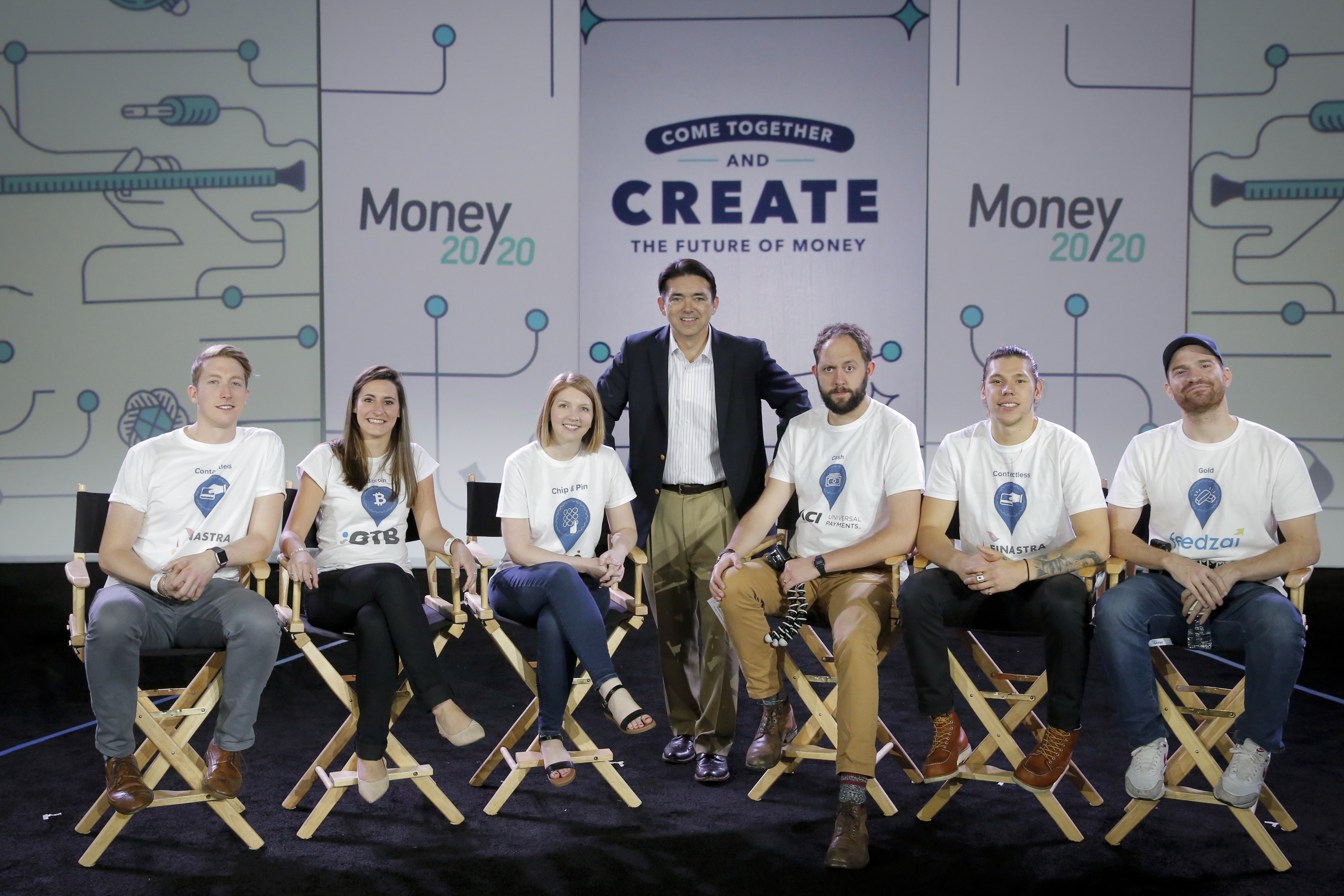This interview was originally published on the Payments & Cards Network blog at https://www.teampcn.com/post/insights/fintech-in-atlanta-3-interview-with-andrew-morris-founder-ceo-at-the-fintech-agenda.
“Fintech in Atlanta” is an interview series to showcase the fintech scene in the region. Our next interviewee is Andrew B. Morris, Founder & CEO at The Fintech Agenda.
Dubbed as the “Transaction Alley”, Atlanta’s thriving fintech industry continues to seek for a demand of talents in the fintech and payments industry. Payments & Cards Network extended our footprints two years ago and set up our U.S. office in Atlanta to serve the fintech community by helping companies to connect with fintech talents in the region.
“Fintech in Atlanta” aims to showcase the fintech scene in Atlanta by interviewing C-level executives and entrepreneurs to talk about the growth of the industry, and how they contribute to the rapid development in the region.
For this interview, we talked with Andrew B. Morris, Founder & CEO at The Fintech Agenda. He shared with us how he got interested in the fintech industry and what roles do events play in growing the industry.
1) What excites you the most about fintech?
What excites me the most is how it can help improve people’s lives in a number of different ways, from providing convenience in how we do things to the application of technology such as artificial intelligence to improve efficiency. Fintech not only has financial impact but also can enhance financial wellness. Further, fintech can empower small business owners to grow their business much easier. Those are very human aspects where fintech is making meaningful impact.
2) That’s a broad statement by saying fintech improves people’s lives. Can you give some examples, e.g. companies that stand out in the industry?
There are a few good examples that are in Atlanta where I am based. For example, Greenlight Financial issues debit card for kids by allowing them to learn how to manage money at a young age, while also enabling controls for parents over how they manage their kids’ usage. Another example is Kabbage that is using alternative sources of data and AI to provide operating capital for small businesses that banks previously were not able to serve. Steady is an online marketplace serving the on-demand economy for people who are looking for part-time jobs. With its app, it provides an interface to help users manage all their income coming from those jobs on one single platform. Another example is PadSplit, which operates in a business model similar to Airbnb. The company helps improve the financial wellness of people by providing them with affordable housing options. Finally, Square, the fintech company founded by Jack Dorsey has democratized the use of credit cards for thousands of micro and small business owners who used to face difficulties in opening a merchant account to accept payments.
3) You just mentioned some companies that stand out in the fintech industry. What specific disciplines are these companies using to better serve their customers?
There are two main disciplines that these companies focus on. First, they emphasize on being customer focused. For example, they apply human-centered design thinking to create a better user interface to serve their customers. Some big banks and payment companies such as Visa also incorporate concepts from behavioral economics in developing their products to better understand how people make financial decisions. Second, these companies apply the use of disruptive technologies such as artificial intelligence, blockchain, biometrics and quantum computing. They combine the use of different disruptive technologies to develop their products and create innovative financial solutions.
4) Your company The Fintech Agenda is helping companies to produce a number of fintech industry events. What role do you think events play in growing the fintech ecosystem?
The success story of Money20/20 can illustrate the power of events in growing the fintech industry. The Founders of the event saw the technological transformation happening in the payments industry but there was no event to bring all the players from startups to established companies together at that time. They leveraged on the power of context and connections. The agenda and speakers provided the context for the industry conversation at the first Money20/20 event and helped attract the key stakeholders so that connections and business partnerships could flourish. In the following three years, the number of attendees for Money20/20 doubled each year. As the Chief Content Officer for the conference at that time, I saw the power that our event was having in moving the industry forward. That’s really the inspiration for my new consultancy, The Fintech Agenda. We’re working with a number of industry clients to produce great content, learning and networking experiences across many different venues and channels. For example, we’re working with Fintech Americas in Miami that focuses on the fintech scene in Latin America, HOPE Global Forum in Atlanta that spotlights financial wellness and inclusion, and many others. I’m more excited than ever to be a part of the fintech space.

